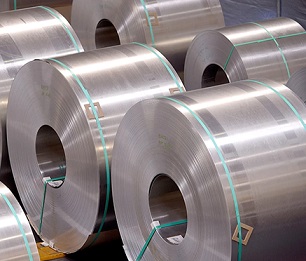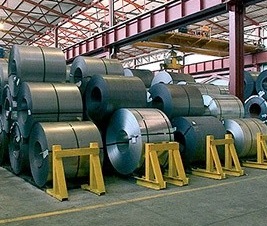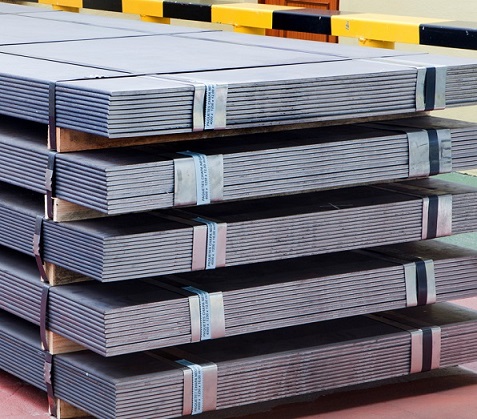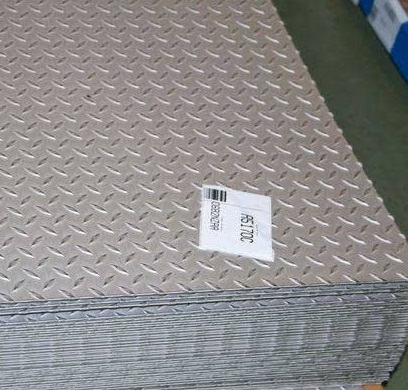The previous month of May we read an article in “EL CONFIDENCIAL” that we found very clear to understand the current problem that Spanish SMEs that use steel and other metals as raw materials for our products, have. For that reason we have decided to share it in our BLOG to whom it can be of help.
Manufacturing companies have begun to move through the sectoral employers to find explanations and seek solutions to a problem that not only punishes its cost structure, but also the relationship with its customers and suppliers. “Before you placed an order and it was delivered to you in a week or two, even in days, now there are delivery times of three and four months.”

STAINLESS steel coils 
Lot of metal coils
One of the causes of the shortage and the increase in metal prices is in the tariff policy of the European Union, which since 2016 has been imposing economic barriers to steel from countries such as China, Taiwan, Turkey or Russia, within the ‘anti-dumping measures ‘due to suspicions of unfair competition practices and pressure from continental steel companies. This fact, added to the “medium gas” activity of the Spanish steel companies, many of them with ERTE last year due to the pandemic, is stressing the market. “They have extremely high prices. It seems that the big steel companies want to recover margins. It is more profitable to have the factories with ERTE and obtain the same profit as at 100%. Steel from third countries is heavily taxed. Brussels should do something about it “.
The tariff policy of the European Union has sought to guarantee the viability and employment of European steel companies due to the suspicion of anti-competitive practices from countries such as China. But the effect of that control on prices has been distorted in recent months, when the Chinese economy has reactivated very strongly before the European one and has begun to affect the global trade balance. This has been evident, for example, with the semiconductor or microchip market, and now it seems to have come the turn of steel and other raw materials.
As a result of complaints from Spanish manufacturers, the employers’ association of the metal sector, Confemetal, attached to the CEOE, has prepared a sector report in which it warns of problems “in the supply and evolution of costs of the raw materials necessary in the production processes, something that, already identified at the end of 2020 and is generating very serious situations in companies for 2021 ″, says the document, dated March 8th.
“Particularly concerned about the tendency of taking over, taking advantage of current prices before they continue to rise and ensuring ‘stock’ to meet demand in case of continuing logistical problems. This effect is putting some of the supplies at risk, in addition to contributing to continue raising prices ”, citing as sources the industrial PMI reports of February 2021 or the historical industrial price indices, in addition to the testimonies received by businessmen from the productive fabric.
Confemetal does not expressly cite European tariffs as the cause of the market collapse. Vicente Lafuente, vice president of Cepyme and the Valencian metal employer, Femeval, explains that the report has not detected the cause of the distortion in the tariff system. But it does focus on China and its capacity to absorb production due to its high demand, a fundamental factor in the problem. Obviously, with entry barriers, Chinese or foreign steel has much less incentive to travel to Europe. “China consumes much more and they do not have material and here there is no productive capacity.”
This is how Confemetal explains it: “The high demand from China for certain raw materials, once its economy has reactivated, is identified by some as the main cause that we are in a situation of high prices and low availability. This situation was detected at the end of last year, and companies that did not foresee this threat and did not adopt defense positions are very likely to have difficulties in supplying material. China is the world’s largest producer of these raw materials and components and absorbs it for its domestic market ”.

Batch of steel sheets ready-to-ship 
Lot of non-slip steel sheets
An imbalance in which SMEs are the weakest victims: “There is a lack of ‘stock’ due to Chinese demand and the maintenance of world demand, which implies that, in some cases (and it is no longer an exception), those orders that are considered small are not suitable”. Sometimes purchases must be anticipated six months to guarantee supply.
Supply problems have been compounded by a significant increase in prices in maritime freight for those companies that choose to import raw material. In the case of imports from China, freight rates have more than tripled and terms have doubled in various sectors, also for the metal trade, a situation that also began to be detected at the end of the year, according to Confemetal. All this has generated a kind of perfect storm at a time of low inflation that makes it very difficult for companies to pass on the cost increases to their customers.